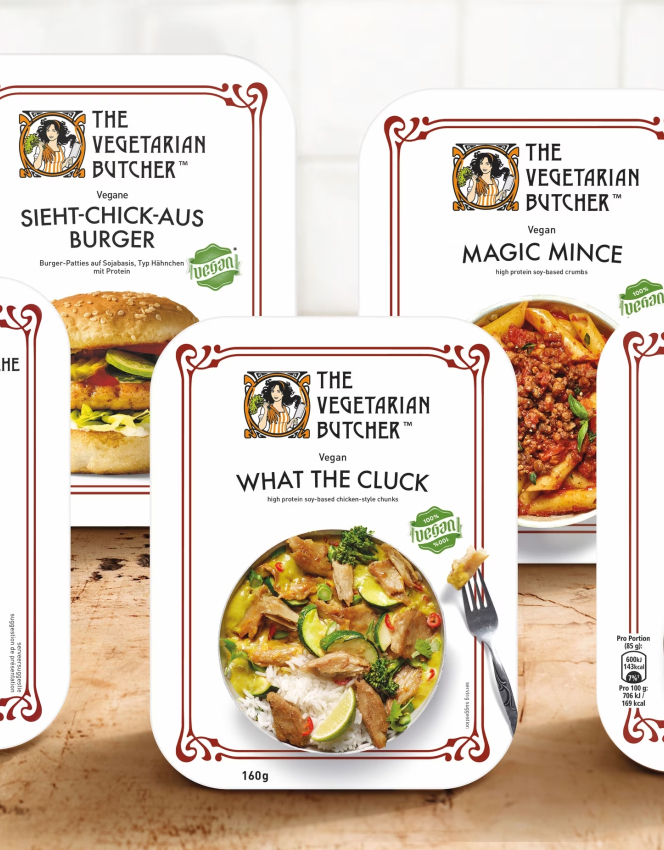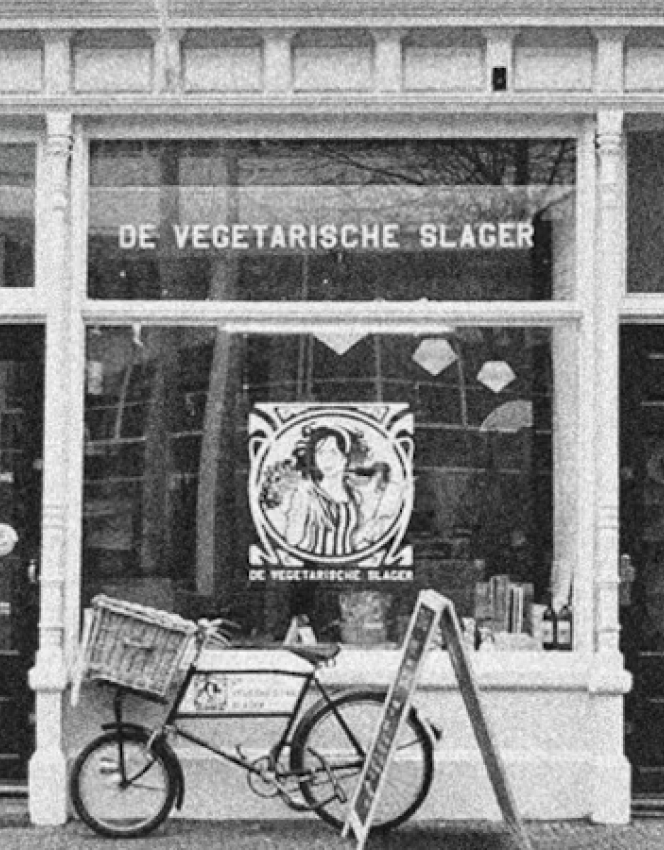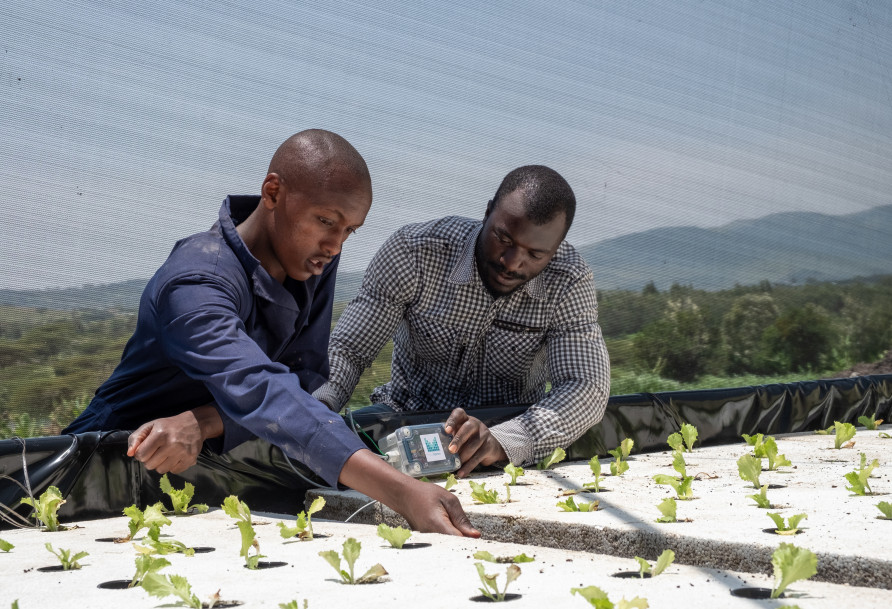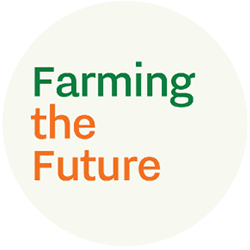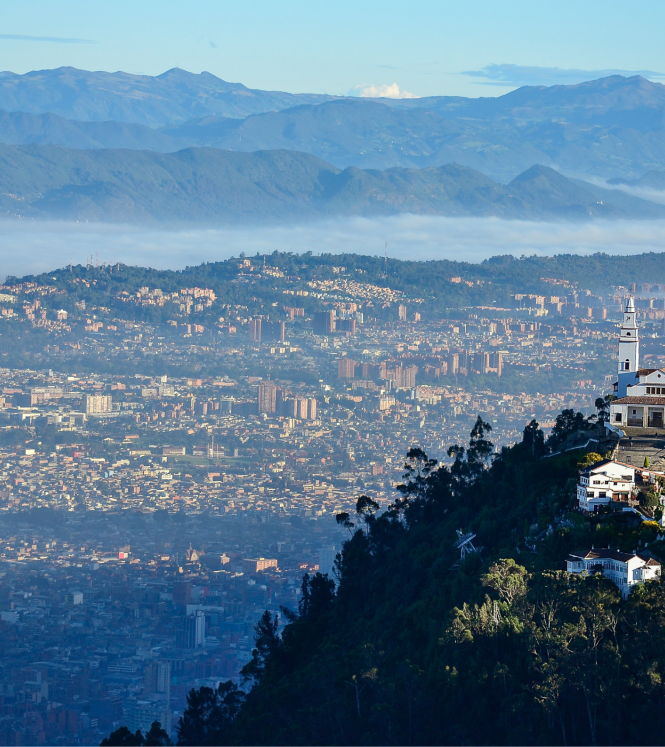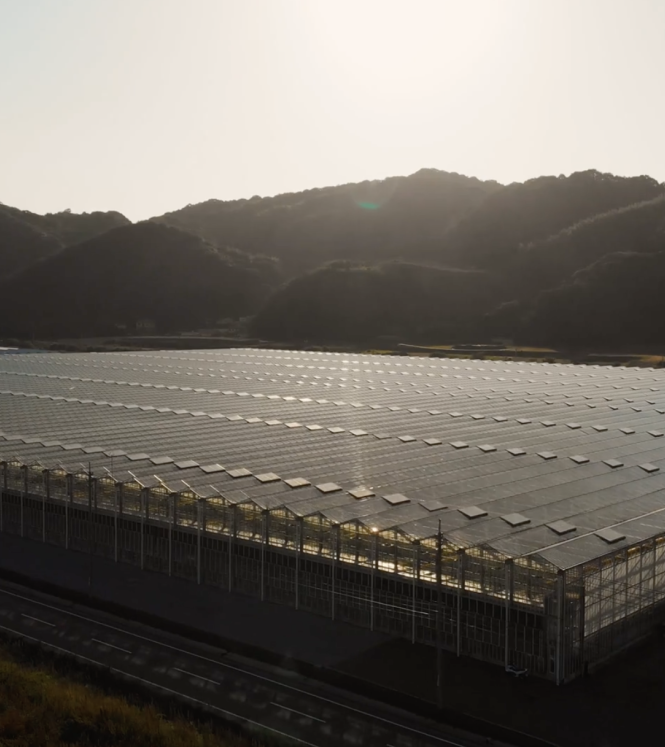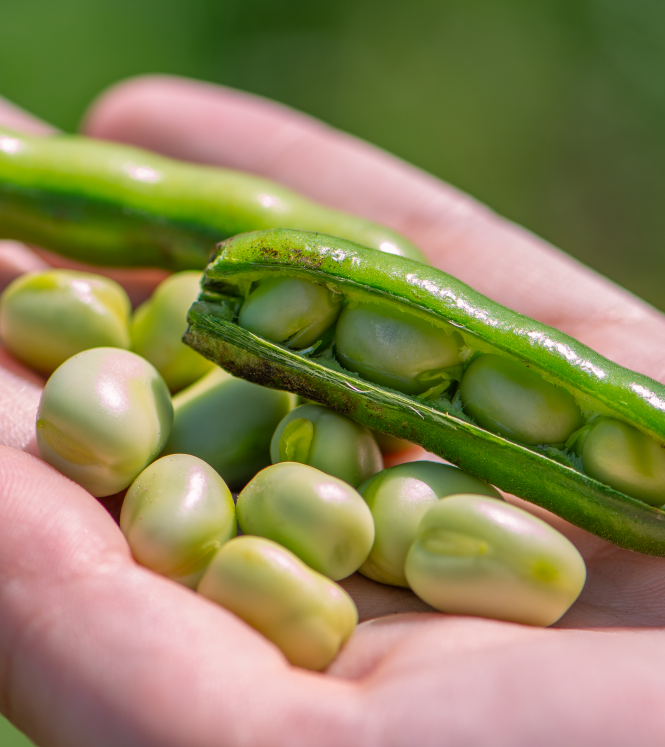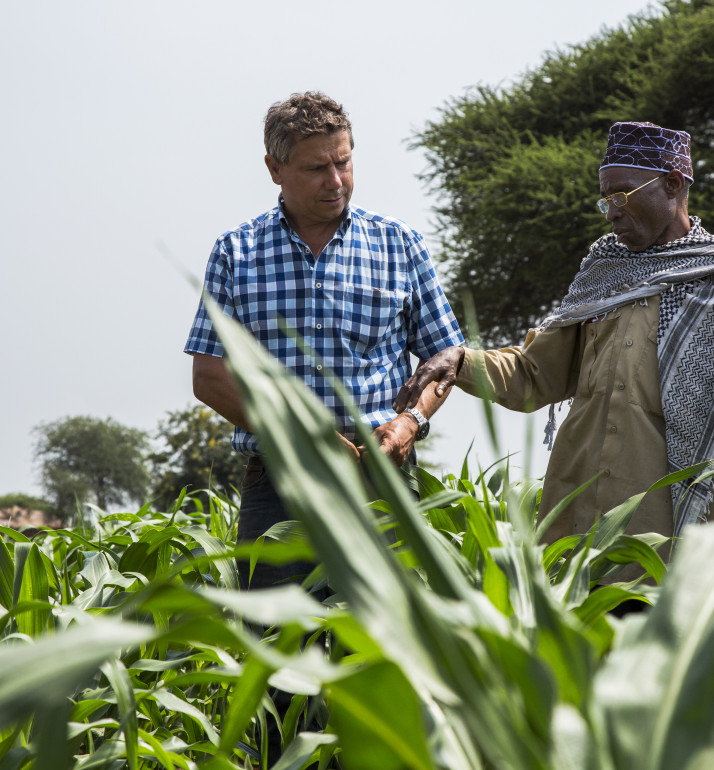
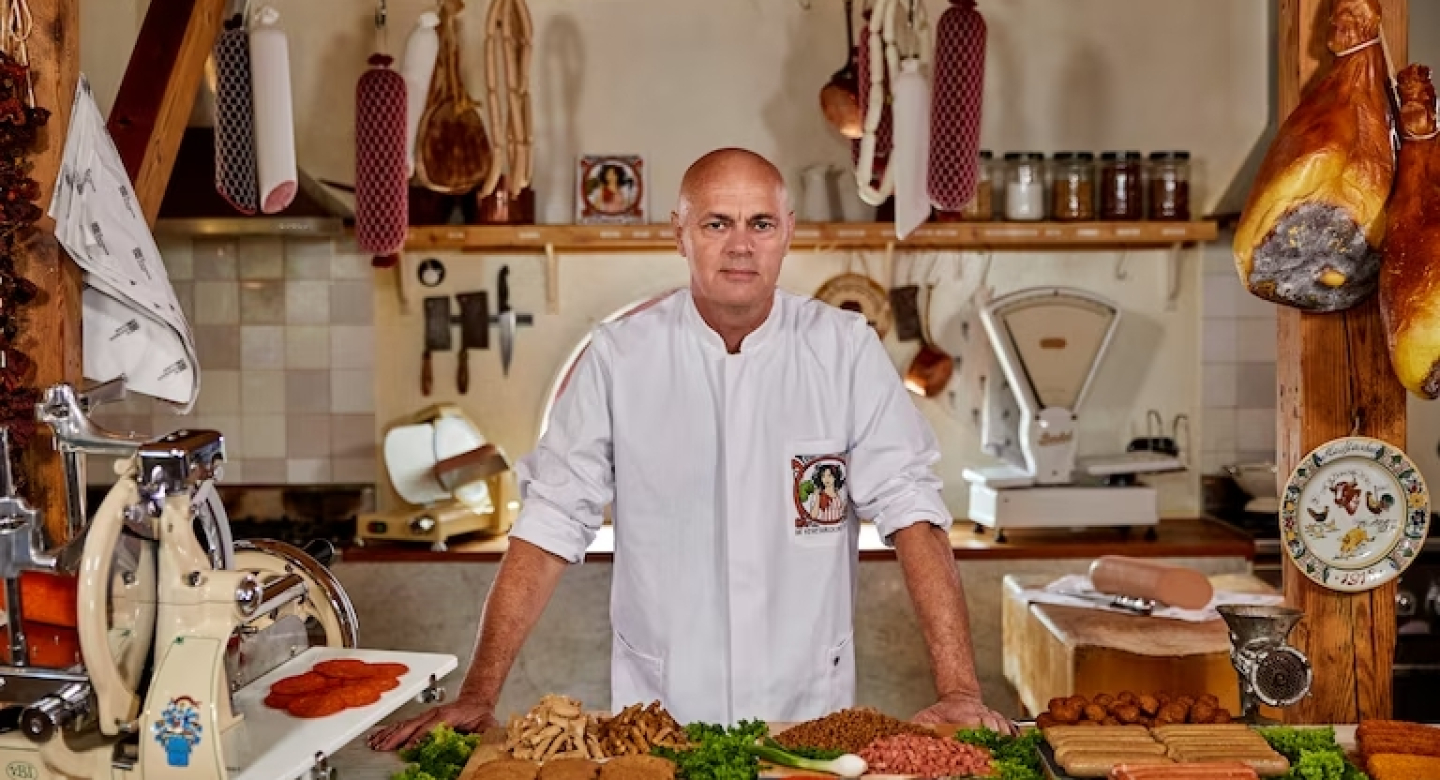
Rethinking protein for a greener future
The quest for sustainable, high-quality protein has gained immense traction amid a universal drive toward health and environmental consciousness. With global population growth straining traditional sources, the spotlight's on alternative proteins. From innovative tech to sustainable practices, initiatives worldwide, notably in the Netherlands, drive a shift toward plant-based and lab-grown options for a more eco-friendly future.
Images courtesy of De Vegetarische Slager™
Embracing the protein shift
In a period marked by an ever-growing consciousness about health, sustainability, and the impact of our choices on the planet, the search for quality protein has taken centre stage. As consumers explore their dietary habits, the spotlight on alternative types of protein has intensified.
A collective concern for personal wellness and the environment is the driving force of this modern protein shift. But this surge in interest isn't just about meeting dietary needs. It reflects a broader understanding of the pivotal role protein plays in our lives. Global population continues to grow. And our current food systems aren’t equipped with the resources to feed every mouth. Prediction models show the demand for animal protein is expected to increase by 70 to 80 percent over the next 50 years. As a result, exploring alternative protein sources has become a focal point. One that is sparked by a desire for healthier options that resonate with individual health goals, global sustainability ambitions and food security.
Building blocks for health and sustainability
Proteins are vital building blocks for our bodies, and crucial for muscle repair and overall health. Yet, the way we consume them isn’t entirely sustainable. Researchers, business and governments across the globe are seeking new ways to ensure a healthy supply of protein in a more sustainable way.
It's not just in agriculture and health that protein is receiving attention. Consumer studies have also been looking into this essential component of our diet. One recent study showed consumers increasingly prioritise nutritional quality and environmental impact. As a result, they’re driving the demand for more sustainable protein choices. One potential solution on the table? Plant-based and cultured meats.
Alternative proteins: nothing new but surely innovative
Soy meats and other alternative proteins are not a novelty. They’ve been around for decades. But ensuring alternative protein sources are tasty, nutritious and sustainable at the same time remains a challenge. The Netherlands’ National Protein Plan aims to increase self-sufficiency in plant protein production and ensure sustainable consumption. With initiatives taking place across the country, investments in protein innovation are on the rise.
Foodvalley NL, a knowledge-intensive agrifood ecosystem of the Netherlands, is working in co-creation with NGOs, farmers, the (food) industry and the Ministry of Agriculture, Nature and Food Quality on many projects around the promotion of innovative protein sources. For example, the Green Deal for protein-rich crops, which aims to improve soil quality and biodiversity while also creating fair earning models for protein farmers.
Likewise, Wageningen University & Research (WUR) actively develops ground-breaking technologies that accelerate the transition to alternative proteins. From producing cheese made from microbes to exploring the influences in protein consumption, WUR are increasingly aware of the challenges our current protein consumption models entail. As well as the difficulties in changing social consumption behaviours. By collaborating with policymakers, businesses and fellow researchers, they’re paving the way for sustainable change.
Climate change as a driving force for new foods
Producing these innovative protein sources, be it plant-based or lab-grown, isn't just better for people. It's not a surprise to hear it also benefits the planet. These alternatives generate lower carbon footprints, requiring fewer resources like water and land. By embracing these alternatives, we reduce reliance on environmentally taxing practices. We can also mitigate the unfavourable impact of food production on our planet's delicate balance. A crucial step toward a more climate-resilient and environmentally friendly future.
Breaking borders: innovation across the board
With great investments in internationalising business, large and small companies from the Netherlands often look across borders to exchange knowledge and expand into international markets. The alternative protein sector is no different. From financial support and tailored advice to partnership opportunities and the promotion of international trade. There’s plenty on offer for Dutch companies to seek support in expanding internationally.
Not far from home, France launched in 2021 their national plan for proteins to promote their own production and supply of alternative proteins. With 130 million euros invested in alternative proteins in France in 2022, it’s an excellent market for Dutch companies in the sector looking to expand across borders. De Vegetarische Slager (aka The Vegetarian Butcher) is a great example of Dutch commitment in tasty, nutritious and sustainable alternative protein products. They recently took advantage of the investments happening in France and started offering all their products in the French supermarket giant Carrefour. Founded in 2010, the Dutch company has come a long way in their journey. From starting with a shop in The Hague, receiving an innovation award already in 2011, to now being present in stores across the globe.
There’s more to the company than satisfying taste buds. Their packaging is fully recyclable, making their impact on sustainability even greater. In fact, they have consistently been in the top 3 of the Sustainable Brand Index in the last 3 years. The Vegetarian Butcher is an excellent example of how companies can move towards promoting more sustainable consumption.
Feeling inspired?
Working on alternative proteins yourself? The Netherlands is always seeking new international partners to exchange knowledge in innovation and food security. Reach out to your local embassy to find out how you can partner up with the Netherlands to solve global challenges together.

